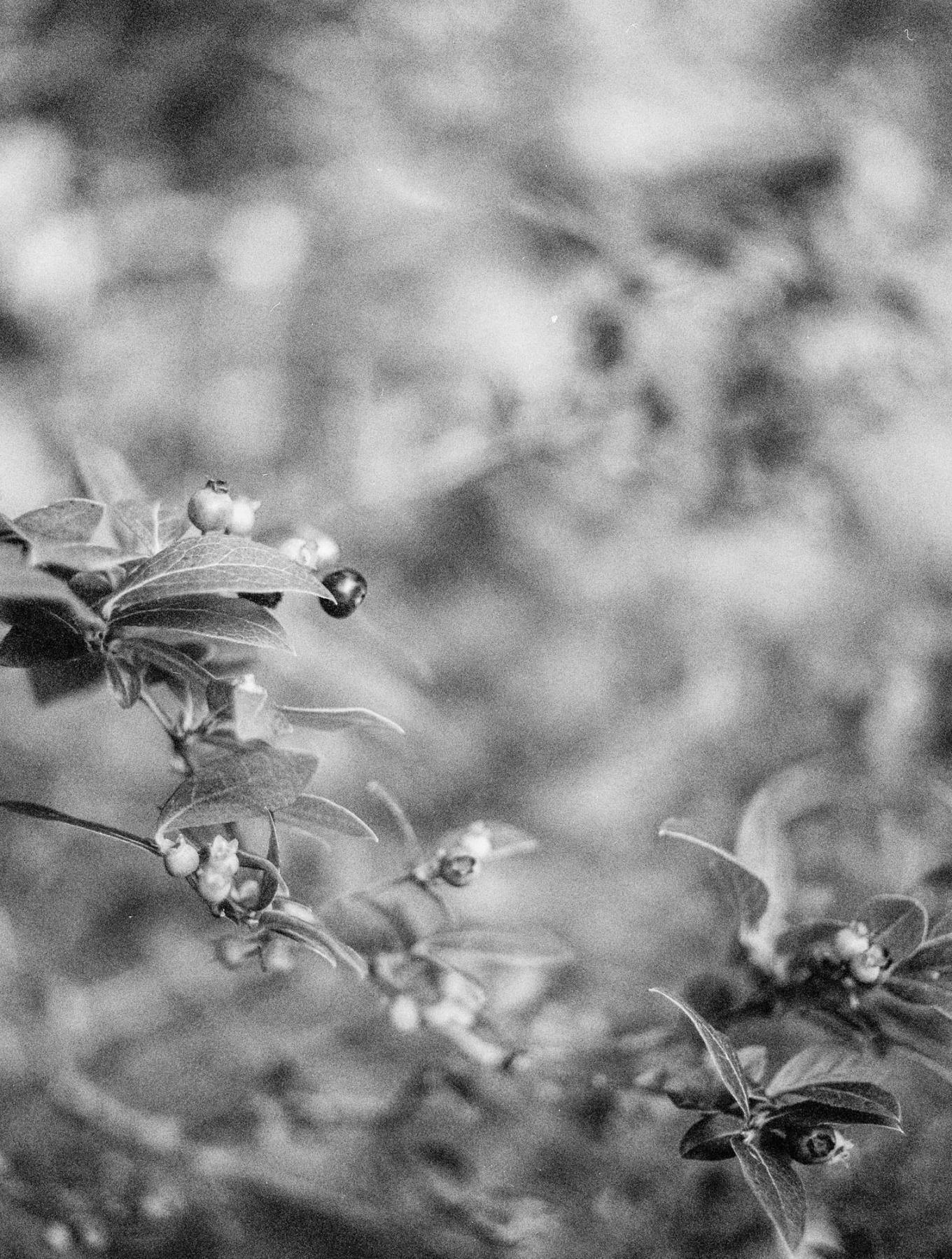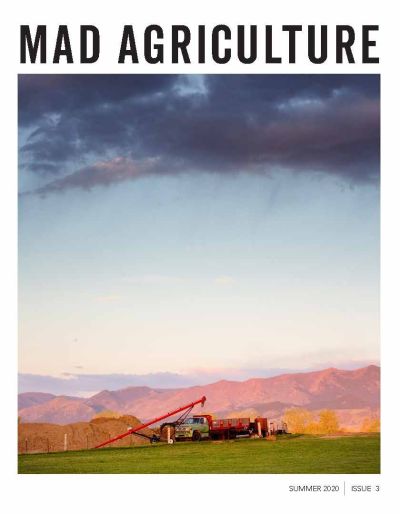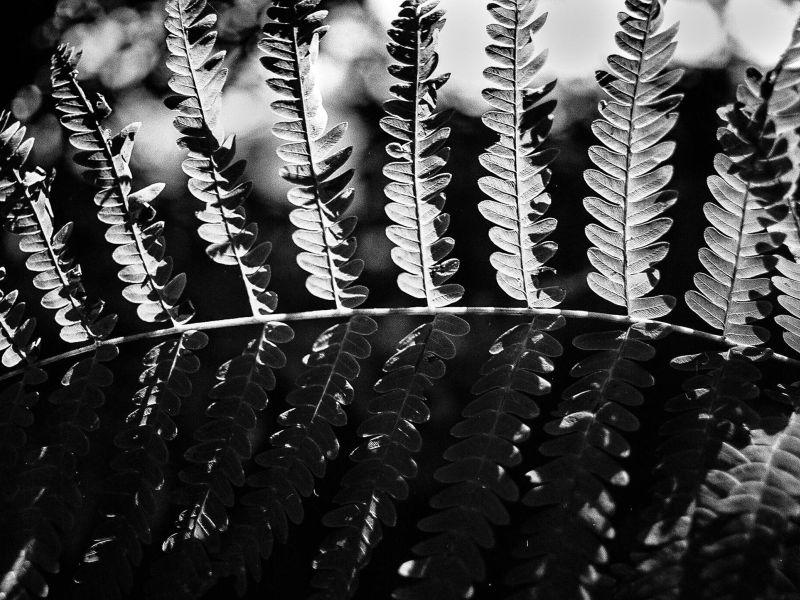
The Mad Agriculture Journal
A More Resilient Food System Requires Meaningful Partnership with Native Producers
Published on
June 01, 2020
Written by
Maria Givens
Photos by
Jordan Perkins
Lee esto en español.
Resilience is an inescapable buzzword these days, and for good reason. With the global pandemic caused by COVID-19, the cracks in our society have been exacerbated. If there was a doubt that our global food system was resilient before, we know now that it is not. For example, COVID-19 transmissions between employees in meat processing plants has closed critical points of our supply chain and made the price of beef skyrocket.
These cracks in our food system are leaving people in dire situations. Sometimes it is almost too much to take in, making it difficult to identify where these cracks are starting and how we fill them. We have a sense that the way forward is through this concept of resilience, but I have found that many people don’t really know what the word even means.
I cannot count how many times I’ve been told: “Native Americans are resilient people.”
I’m native. I’m Coeur d’Alene. I’m a writer and a food systems professional. And of course, I’m a resilient person. You don’t survive growing up in an Idaho border town as a Native girl without a dash of resilience.
For a long time, I thought resilience meant toughness, agility, and landing on your feet like a cat that got thrown out a ten-story building. I thought it meant not letting things impact you and bulldozing through no matter what is thrown at you. I thought its definition was strictly confined to survival. I thought resilience was confined to one person.
When people told me that native people are resilient, I thought it was more in a historical sense. You are a descendant of people who survived disease, survived even with massive losses of land, and stripping of culture. This made sense, individual native people could be resilient because somewhere in their DNA there was a toughness that was passed down and now it is woven through my genes as well. I didn’t see resilience as a trait that could be outside of individuals.
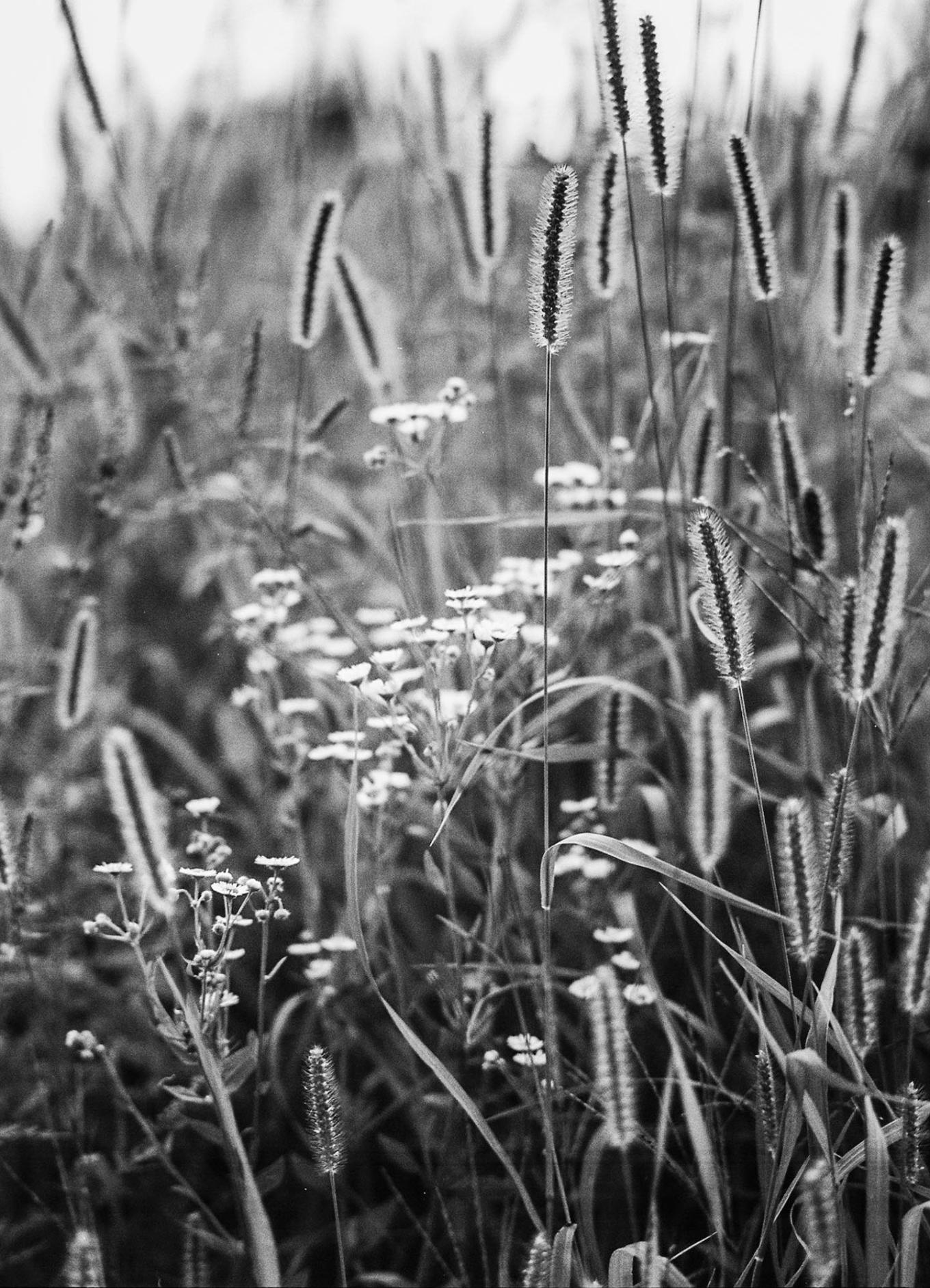
Until recently, I didn’t know that resilience could be a characteristic of institutions, let alone something as massive as a food system. Resilience is not just a synonym for tough.
Resilience has two parts:
Surviving a shock
Rebounding from that shock stronger and better equipped to handle another shock
The second part is the most important - bouncing back stronger.
So what does that mean for a food system? What does that mean as a Native person hoping to make positive change in the food system to support the thousands of Native American farmers and ranchers during the time of COVID-19? How do we build proactively resilient systems that are strong before the shock happens? Why do any of these theoretical questions matter when people are dying and hungry right now? These are the questions that keep me up at night during quarantine.
I don’t think there is a simple answer to such a complicated problem. Society, the food system, and agriculture, in general, are too complicated to have a silver bullet solution, this much is clear.
What I do know is that our most important resource is good, honest people and the relationships we have between those good and honest people.
I find that people are surprised to find that behind white folks, Native Americans are the largest ethnic group of producers in America. Native Americans and Alaska Natives makeup 79,000 farmers and ranchers on 59 million acres generating $3.5 billion in agricultural sales. Native producers trend younger and are more likely to be female than the national average. Our farms and ranches make up 6% of the country’s food-producing land base, but our sales account for 1% of US ag sales.
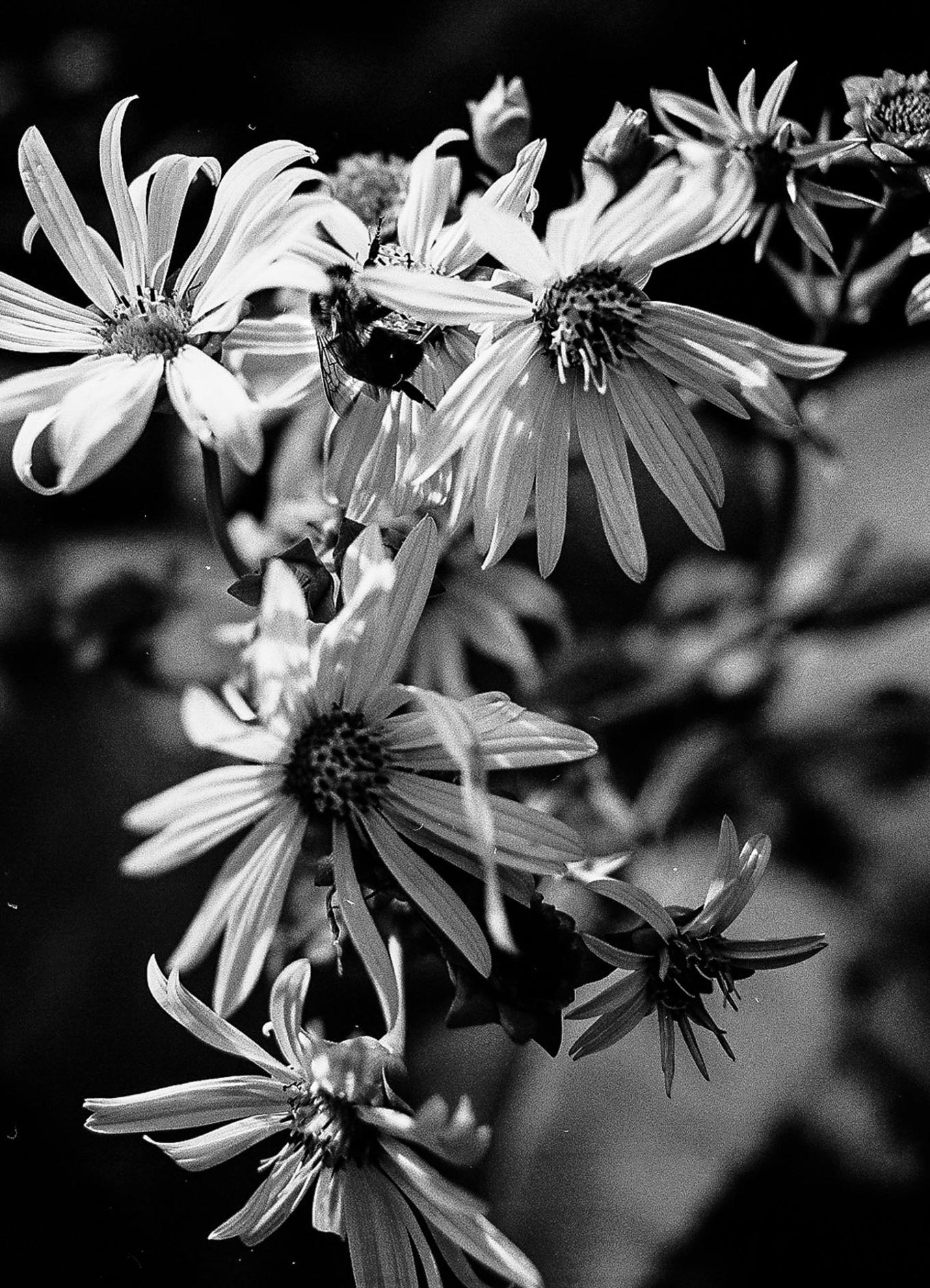
These 79,000 Native producers have something in common with me. They have resilience baked into their DNA just like I do. As individuals, we are resilient. But, we can improve our collective resilience for both the Native American and US food systems. COVID-19 has not only taught us that we need this, but that we need it now.
I believe that a thriving food system requires using our most powerful resource: good and honest people both Native and non-native alike and the connections between them. And yet I have found that many non-Native people don’t reach out to Native people. This kind of partnership has not been a priority. Non-native people are so scared that they will make a mistake that they don’t even try to have a relationship with us at all. And when Native people reach out, we are asked to mimic their dominant and failing agricultural trends, when we have been the ones farming this land for thousands of years. This impasse is not sustainable for our community nor our land, and it sure as hell is not the right way to move forward in a resilient food system.
My advice is to just try to connect, even when it is uncomfortable. The stakes are too high to be scared. And we cannot do it alone.
The resilience of a food system requires togetherness. Resilience requires adapting together, learning from each other, and finding strength from other individuals to build a stronger system.
When I think about how the food system bounces back stronger after COVID-19, I hope it involves collaboration between Native and non-native producers. It could be the beginning of a beautiful friendship.
